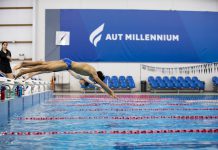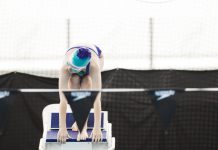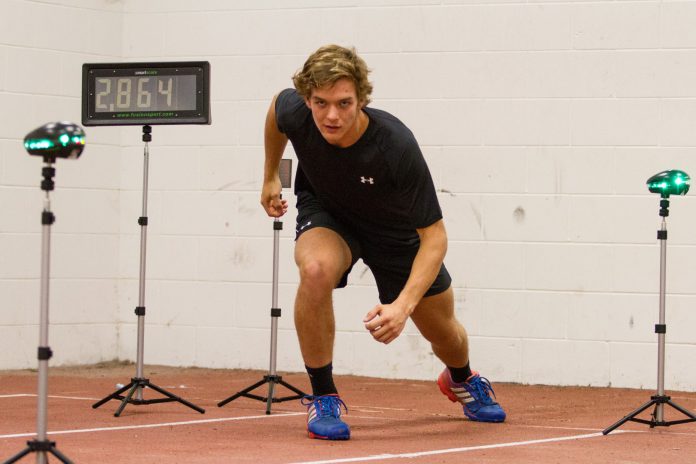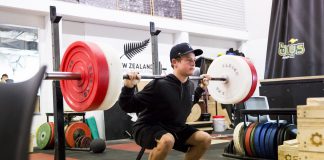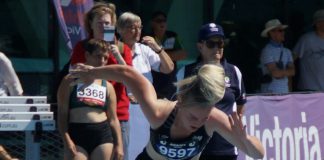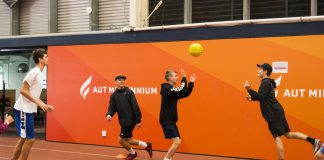Even now I remember the intense pain that shot through my left foot as I whacked my toe hard into the top of the wooden hurdle for the umpteenth time.
“Knee to chest, keep your toe up”, my coach would yell at me from the side of the track.
To improve my technique and lower my personal best I had to fix my trail-leg problem. It was proving to be a difficult task.
 More than 15 years have past since I spent two hours a day, six days a week trying to master the art of sprint hurdling. Yet the sound of a smashed hurdle hitting the track, the deep throb of a repetitively bashed toe and the enduring frustration of failed attempt after failed attempt all remain sharp and clear in my mind today.
More than 15 years have past since I spent two hours a day, six days a week trying to master the art of sprint hurdling. Yet the sound of a smashed hurdle hitting the track, the deep throb of a repetitively bashed toe and the enduring frustration of failed attempt after failed attempt all remain sharp and clear in my mind today.
I didn’t know it at the time but I was missing a critical piece of learning that my progress depended on.
A key feature of your success this year will be your ability to learn and apply new skills quickly. By choosing the right skills to focus on and working decisively to improve them, you’ll soon distinguish yourself from the rest of the pack and reach your sporting goals.
So, how do you do it? You need to master the art of deliberate practice. It’s all about how you practice, rather than just accumulating hours.
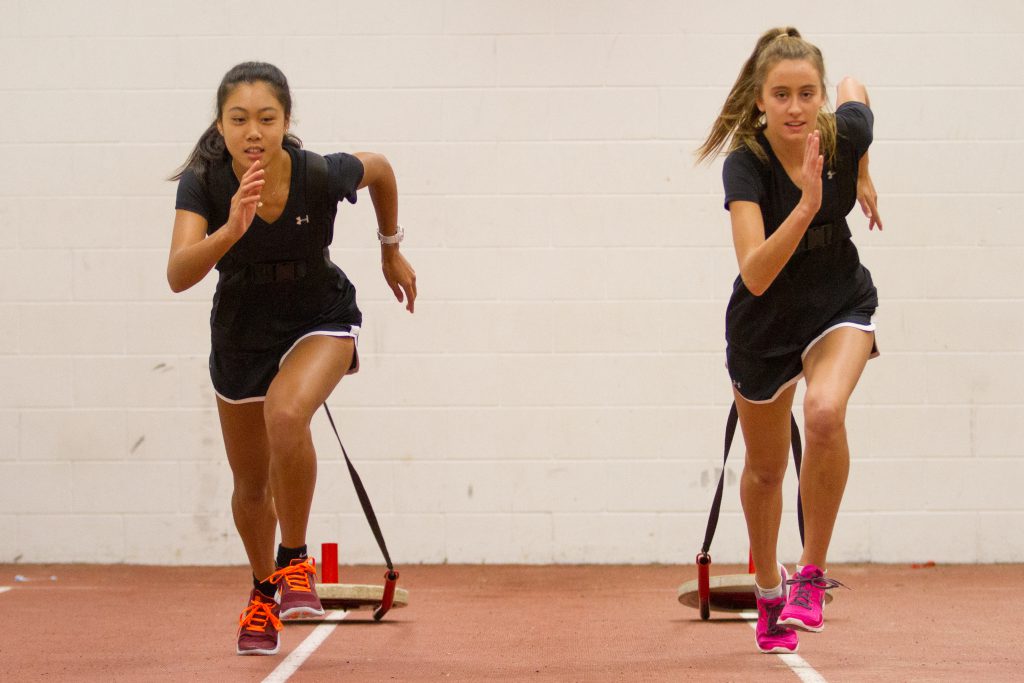 Deliberate practice requires a single-minded and dogged approach to getting better. However, when you get it right you’ll find the consequences are profound.
Deliberate practice requires a single-minded and dogged approach to getting better. However, when you get it right you’ll find the consequences are profound.
Here are the 7 steps of deliberate practice to help you learn faster and achieve more success this year:
- Know the fundamental skills of your sport (technical, tactical, physical and mental) and the best order to learn them in.
- Have a clear goal at every practice
- Focus on mastering a tiny skill that makes you slightly better than you were before you started each session.
- Build each new skill on the one that came before it.
- Seek immediate feedback on your progress by someone you trust.
- Continually practice a skill at more challenging levels with the intention of conquering it.
- Always ask yourself: What can I learn? How can I grow?
How have you approached deliberate practice in the past? I’d love to hear what worked well in the comments below.













